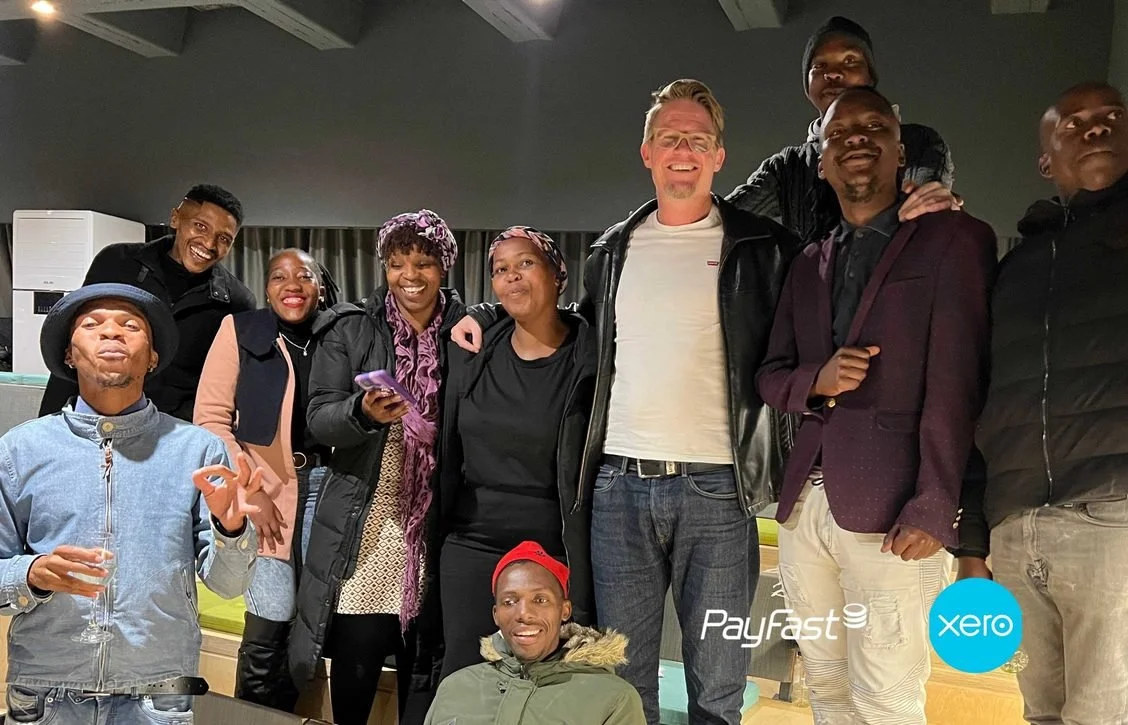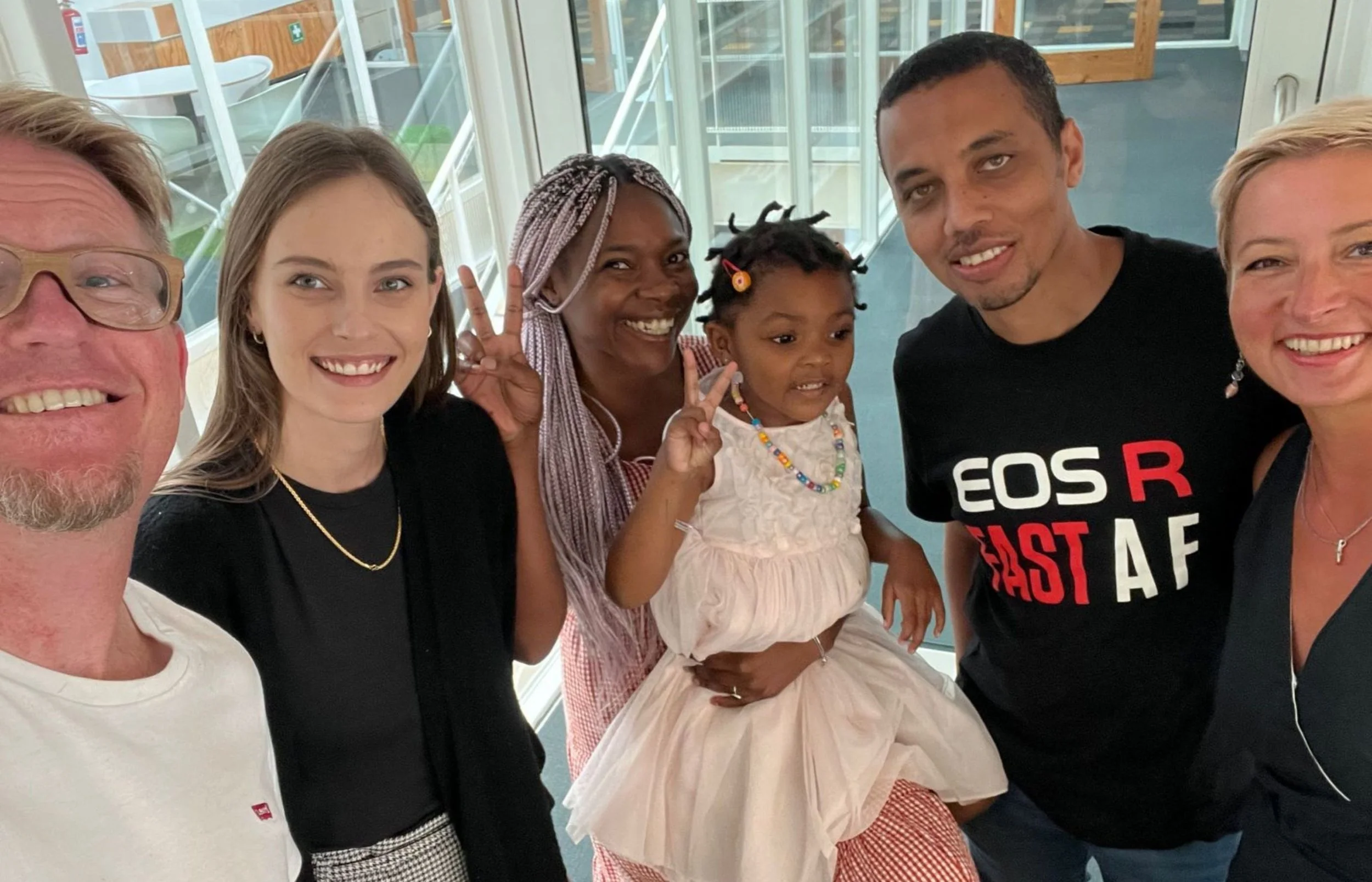Can Ordinary People Do Extraordinary Things?
Did you ever watch the movie Stand And Deliver?
It was released around three decades ago and remains a cult classic. It’s about Jaime Escalante, a math teacher at James A. Garfield High School in East Los Angeles.
Stand And Deliver is the true story of how Escalante undertook an impossible job in the 70s at a school filled with reprobates, drug addicts and gang members.
Not many people gave those kids any odds of succeeding. Not even the faculty at the school. There is a classic scene in the movie where the authorities are lamenting their hopeless situation.
One teacher remarks, “You can’t teach logarithms to illiterates.”
Escalante, played by legendary actor Edward James Olmos, responds: “People will rise to the level of your expectations.”
Recently I was in a conversation with a thriving local entrepreneur who is highly sceptical about the ability of South Africa’s underprivileged, under-educated, disconnected community members to succeed against a backdrop of poverty, corrupt leaders, tenderpreneurs and severe infrastructural challenges.
I don’t blame him for being sceptical. His view is that entrepreneurship is hard enough without the outlandish variables within the South African ecosystem.
In his experience, most of the people that have managed to succeed in these circumstances are extraordinary.
So, how can we expect ordinary people to achieve extraordinary things?
At Heavy Chef, we understand these challenges well. However, we believe that we can overcome them by providing consistent peer-to-peer learning, within a relevant community of like-minded members and mentors interacting with each other in a meaningful way.
We are not alone in this belief. We’ve seen others do it. During our time running Heavy Chef, my colleagues and I have been privy to humans and teams performing some remarkable feats, right here in our own back yard.
Nyari Samushonga, CEO of WeThinkCode_, shared with Heavy Chef how her organisation is churning out 100s of the most talented developers on the African continent, all from a free application process.
Marlon Parker, founder of RLabs, shared with Heavy Chef how the organisation that he founded is nurturing learners from disconnected communities around South Africa and beyond - and providing them with an educational platform that is gaining international attention.
Dr Taddy Blecher, co-founder of the Maharishi Invincibility Institute, shared with us how the institution he founded could take 1000s of graduates that few people believed in, and channel them into positions as star employees at blue-chip companies.
Ian Calvert, founder of Further, shared with Heavy Chef how his cohorts of small business owners are achieving success through a foundation of mental and emotional well-being, combined with relevant skills development. Ian’s view is that South Africa doesn’t need 100 unicorns. It needs 100,000 gazelles.
There are dozens of examples of these programmes across South Africa right now. Future Females. Shanduka Black Umbrellas. Silulo. Injini. And so on.
In the months before all the lockdown madness, my colleagues at Heavy Chef were invited to sit in on a conversation between Ed Sheeran and Zolani Mahola at another inspirational programme, Bridges For Music, in Langa.
My impression of Sheeran had been that he was a gifted prodigy who was always destined for success. He told us otherwise. For eight long years, Sheeran was an “ordinary bloke that worked extraordinarily hard”. He beat the streets, playing every gig he could. He tinkered, iterated and switched up his approach each week. He collaborated and joined communities, sleeping on couches, always learning, applying new aspects to his songs and watching how audiences, no matter how small, would respond.
Eventually, he broke it big with The A-Team. - but even then, the rest was not history. Sheeran is not the singular hit-factory that I imagined. He told us that he writes new songs every single day. He explained to us that for every hit song he creates, there are 100 that are “shit”. Anyone who wants to succeed in the music industry has to face insane odds. It was a combination of support, community and “bloody-hard-work” that enabled Sheeran to break through.
Jaime Escalante showed that it is possible to uplift a community against insane odds - as long as we believe in them and they’re prepared to do bloody-hard-work.
In the classroom scene in Stand And Deliver, Escalante appeals to a classroom full of unruly students: “You will work harder than you ever worked before. The only thing I ask from you is ganas, the desire.”
Not only did Escalante succeed during a very difficult, racially-charged time in the world, but his work continues to this day. Escalante coached students from disconnected communities to achieve marks in the top tier of the United States academic strata.
Here in South Africa, there are a lot of us ordinary folks doing a lot of hard work, aiming to achieve extraordinary things.
Our community will rise to the level of our expectation.
Let’s show ganas.






